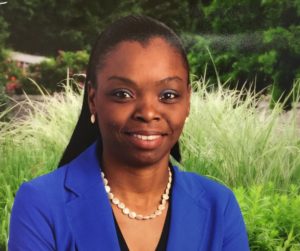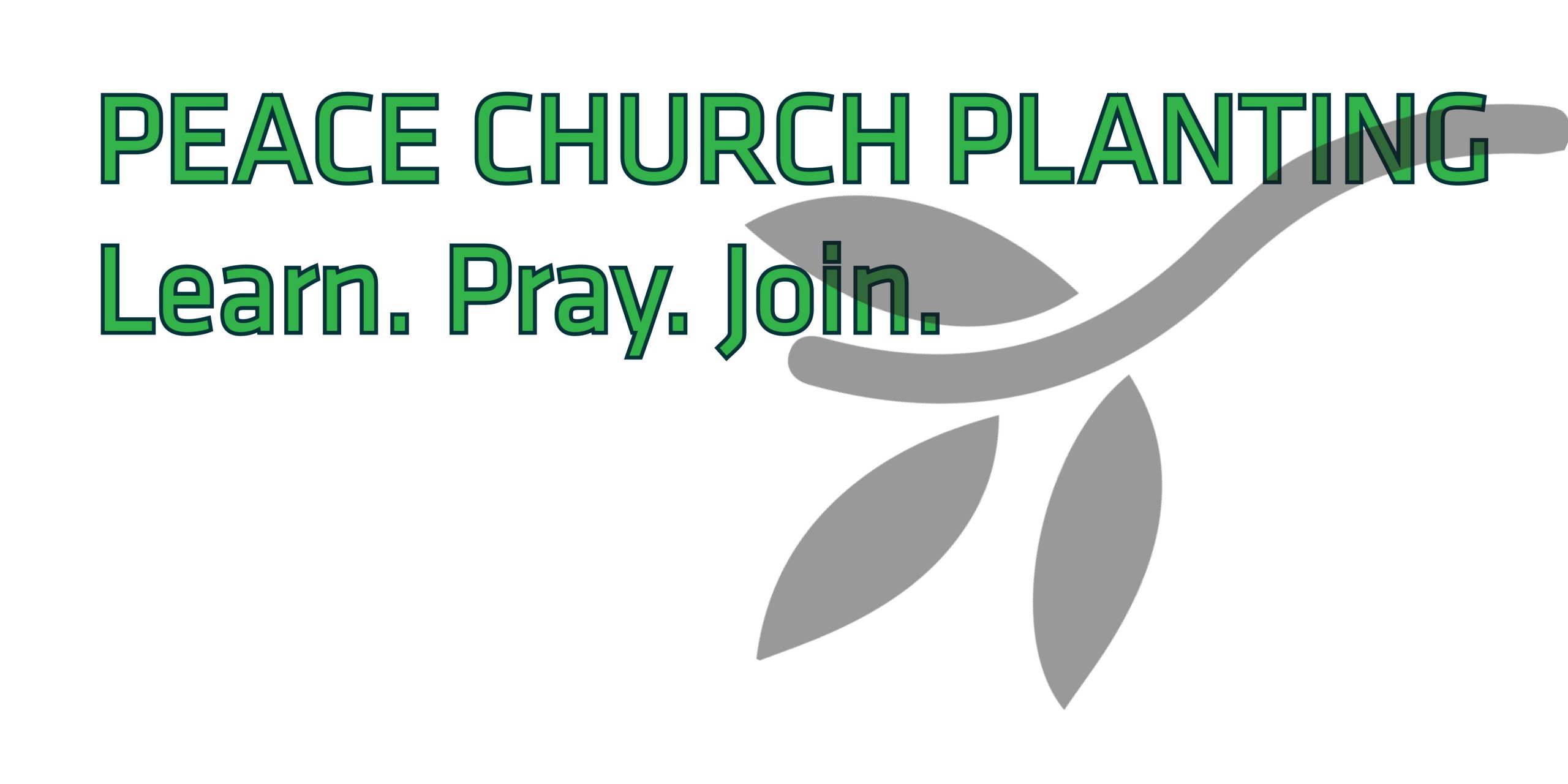 Hilda Zapata-Palacios was born in New York City and raised in Guatemala. Currently, she lives in West Palm Beach, Florida, which is the place where her experience as a church planter began.
Hilda Zapata-Palacios was born in New York City and raised in Guatemala. Currently, she lives in West Palm Beach, Florida, which is the place where her experience as a church planter began.
One of my earliest memories of church planting is fellowship. Several years ago, my friends and I would get together every weekend and talk while our kids played. At the time it was only three women. We listened to each other and supported one another through our situations and circumstances. This went on for many years — we shared our personal problems and joys with one another. In our small group, there were two mental health workers and a teacher. Once, a relative of mine was going through a personal situation and we were processing that together. From then on, we initiated the rule of “What we discuss in the group stays within the group.” Since my friends worked directly in the community as mental health workers, they knew a lot of people. Soon, women began joining the group and our numbers rose from three to eight and on. There were women from all walks of life, different countries and different beliefs. These women had many different needs, but as we listened and supported one another, we began to see that their lives and experiences weren’t so different from our own. When we gathered, we greeted each other, prayed, read the bible, and held discussion based on the passages studied.
I didn’t know what God was doing, but I liked it. I was excited about what was happening, and I realized that I was being ministered while serving. I remember not wanting to miss a single activity or group meeting.
A few months after gathering with the women, we began to have a church service in the backyard of my friend’s house with the guidance of the Evangelical Garifuna Mennonite Church located in Miami, Florida. They not only supported us with ideas, but members of the congregation would drive more than an hour to support us as well. After having church services at both of my friends’ houses for months, the Lord moved us to have church services in a school. Shortly after that, the Lord reminded us of the needs of the community. So we began to work in two local communities, holding Bible studies, gathering as friends and learning to be leaders. Our leadership group went from three to six and the Lord provided more ways to serve the community.
We noted that the needs of the women in the communities were so similar to the needs of the first group of women that had originally gathered. The needs that came up in community gatherings became lessons that we researched and used to shape the following gathering. Some of the topics we studies were immigration, self-esteem, child abuse, sexual abuse, domestic violence, accessing services in the community, talking to their children’s teacher, accessing early intervention services for children if needed, etc. Other topics were related to their children’s education, like finding the appropriate school for their children, attending Individual Education Plan meetings and parent teacher conferences. We also offered information about their rights as a parents within the school system — as immigrants and as a women.
 When planting a church, it is very important that you are not alone, that a group of people share the same goals and expectations and are committed to work together to accomplish the call that God has given you together. You need one another for support and prayer.
When planting a church, it is very important that you are not alone, that a group of people share the same goals and expectations and are committed to work together to accomplish the call that God has given you together. You need one another for support and prayer.
Our church plant was short-lived. What happened to the church that God gave us is a lesson for future church planters to reach out to others with more experience when they are feeling overwhelmed, tired, stuck or unsure about how to handle situations that arise. The experienced church planter’s role would be to guide the group through a process and never assume that everything is going appropriately.
New church planters need experienced church planter mentors to help them and guide them, to reflect upon the process. Church planting is not meant to be easy, but it is not impossible.
I’m grateful with God for the experience and giving me the breakthrough I needed to begin the healing process when I attended SENT 2017. I believe in dreams. I believe that all of God’s promises will be fulfilled.
_____________________________________________________
This post is part of MC USA’s Peace Church Planting: Learn, Pray, Join initiative.
During the months of March and April, we invite you and your congregation to pray
- for MC USA church plants to grow
- for those who are sensing a call to church planting
- for active church planters
Consider what part you might play in Peace Church Planting:
- Sponsor a church planter to attend Sent 2019.
The Sent gathering is an important time for peace church planters from diverse communities to gather for worship, inspiration, resourcing, networking and empowerment. Scholarships to attend Sent 2019 are offered to planters on a case by case need for those who aren’t receiving compensation for working with a church. Unlike larger church plant networks who fund church planters, many Anabaptist church planters are bi-vocational and preparing for Sunday in addition to other jobs. Taking time off work to travel and participate in Sent may require taking a day without pay, in addition to expenses of travel and lodging.- $65 will pay for one person’s registration
- Any amount helps contribute to the cost of a round-trip airline ticket
- $320 will pay for two nights of lodging, where conversation and networking happens in the “off-hours”
- Support church planting efforts in MC USA, with the goal of planting nine new MC USA congregations in 2019, through prayer and the ongoing Church Planting fund: mennoniteusa.org/give/churchplanting
- Are you being called to peace church planting? Find resources for church planters, learn more and consider attending the Sent Conference at Mennonitemission.net/ChurchPlanting.

